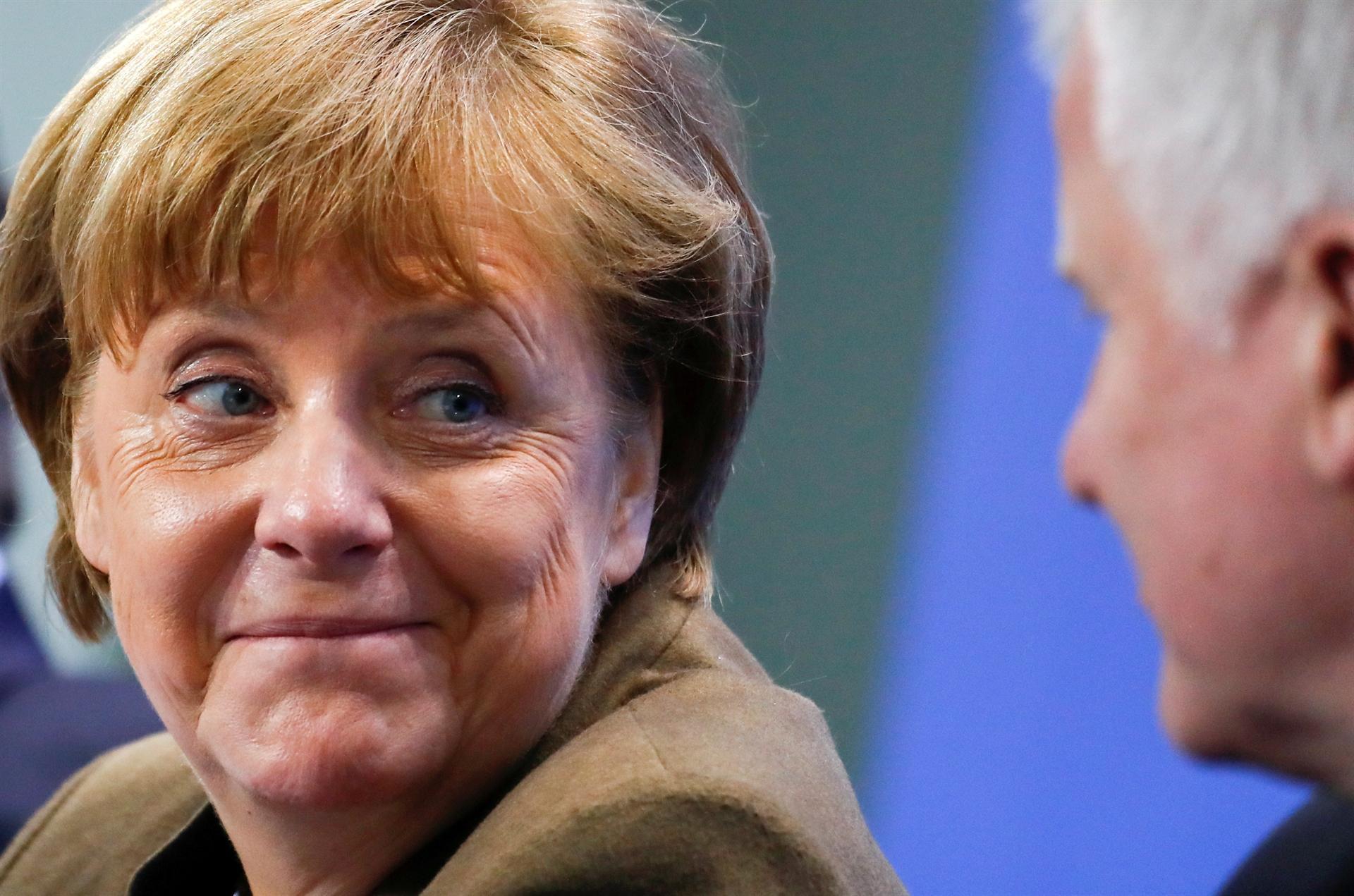Merkel's Bavarian allies insist on conservative unity before coalition talks
BERLIN – Reuters

The head of Bavaria's Christian Social Union (CSU) has insisted Angela Merkel's conservatives must agree policies on immigration limits, pensions and healthcare before they can open coalition negotiations with two other parties.
CSU leaders - stung by a drop in support of more than 10 percent in the Sept. 24 elections - have redoubled their insistence on a 200,000 per year cap on immigration, a demand that Merkel has rejected, complicating her efforts to form a new government.
CSU leader Horst Seehofer told a group of politicians that the conservative allies could not begin negotiating with the environmental Greens and pro-business Free Democrats until the issues were resolved, Süddeutsche Zeitung reported on Oct. 1.
It said the Bavarian premier, who is fending off calls for his own resignation, said the two parties faced their biggest challenge since 1976 - when his predecessor, Franz-Josef Strauss, threatened for weeks to break up the alliance.
Seehofer, whose biggest challenger is Bavarian finance minister Markus Söder, is due to meet with Merkel and other top officials this weekend, the paper said.
The conflict inside the conservative camp is straining Merkel's already difficult task of bringing together parties with big differences on energy, Europe, migration and taxes.
Armin Laschet, premier of Germany's most populous region, North Rhine-Westphalia, said at the weekend that Merkel's -Christian Democratic Union (CDU) would not make a coalition at any cost, and that the Greens would have to step back from some of their demands.
Merkel has sought to keep the door open for a renewal of her "grand coalition" with the Social Democrats that has ruled for the past four years, but the SPD is determined to stay in opposition after suffering its worst result since 1933.
"We got 20.5 percent of the vote. That is not a mandate to govern," SPD Secretary General Hubertus Heil told broadcaster ARD on Oct. 1.
He accused the other parties of "theatrics" and stalling coalition negotiations until after state elections on Oct. 15 in Lower Saxony.
"They want to govern, now they should govern," he said.
















